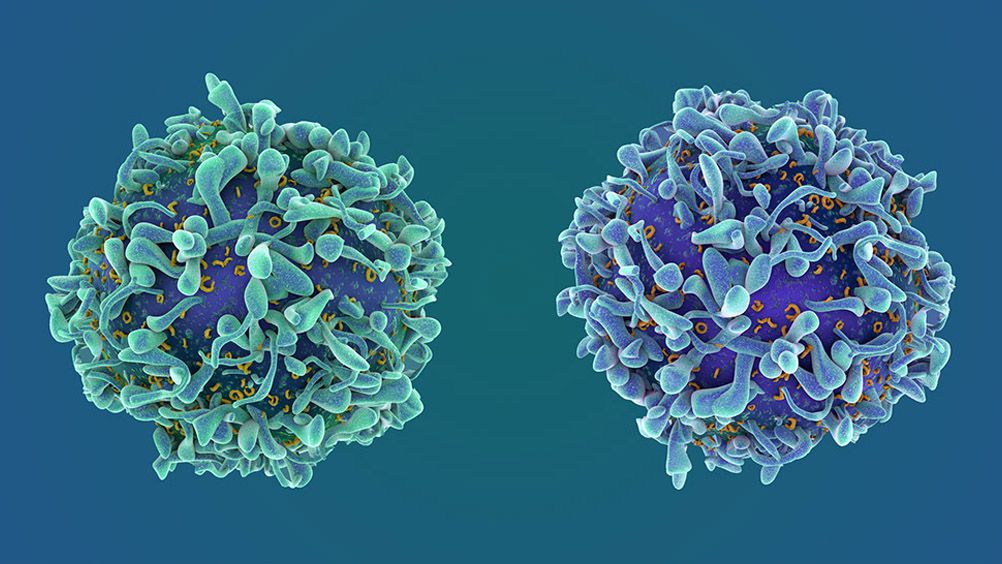22 May 2024 | Wednesday | News

Picture Courtesy | Public Domain
Sandoz, the global leader in generic and biosimilar medicines, announced that the European Commission (EC) has granted marketing authorization for Wyost®1 (denosumab) and Jubbonti®2 (denosumab), the first and only biosimilar versions of reference medicines Xgeva®*3 and Prolia®*4 in Europe.
Wyost® is approved for the treatment of cancer-related bone disease.1 Jubbonti® is approved to treat osteoporosis.2 These are key biosimilar value drivers for the company over the mid-term and their approval is a major step in advancing the Sandoz growth strategy. We expect to launch from November 2025 onwards.
Claire D'Abreu-Hayling, Sandoz Chief Scientific Officer, said: "Primary and secondary bone loss, as well as cancer-related bone events, represent an immense disease burden for patients, the economy and society as a whole. The approval of the first European denosumab biosimilars is a crucial recognition of the need for increased access to these potentially life-changing medicines and demonstrates our continued commitment to delivering more sustainable treatment options for patients, in Europe and beyond."
Close to one quarter (4.2 million) of all newly reported cancer cases globally occur in Europe and cancer is ranked as a leading cause of premature death among those 30-69 years of age in most European countries.5 Nearly all types of cancer can spread to the bone and cause pain and fractures, though cancers that often metastasize in bones include breast and prostate.6
In Europe, 32 million people over 50 years were estimated to live with osteoporosis in 2019 with the number of fractures per year set to increase by almost 25% until 2034.7 Despite wide availability of treatments only a minority of patients at high risk currently receive treatment, even after their first fracture.8
© 2026 Biopharma Boardroom. All Rights Reserved.